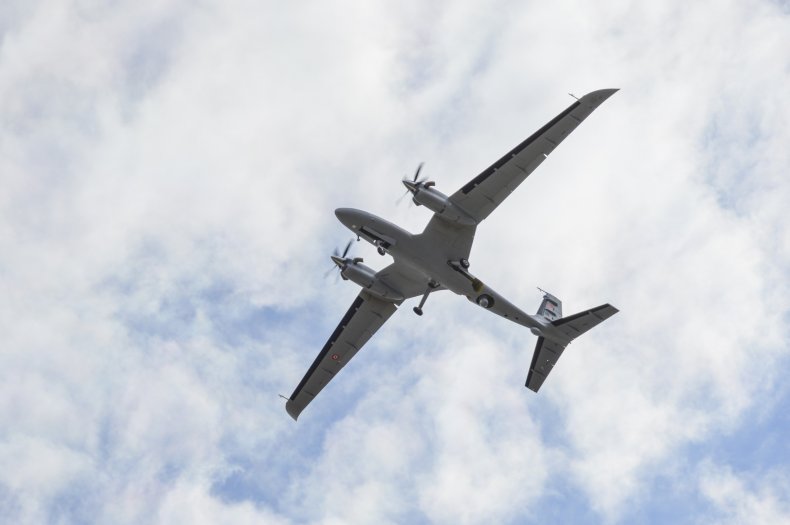In an interview with RBC Ukraine published on Monday, Bodnar said that Baykar has already created a company in Ukraine and that a factory, which was rumored to be under construction before the beginning of the Russian invasion in late February, is still in development.
“The factory will be built. Just a week ago, the government approved the bilateral agreement and sent it to the parliament for ratification, the agreement on the construction of the plant itself,” the diplomat said.

According to the ambassador, the Turkish company has already purchased a plot of land in Ukraine and developed the project for the plant. He added that Baykar intends to build the factory, as “it was almost a personal commitment of the company owners to make this production in Ukraine.”
The decision to build a factory in Ukraine wasn’t just political, “but also practical since a significant part of the models that will be produced at this plant will have components of Ukrainian production,” Bodnar told RBC Ukraine.
“It can be engines, other spare parts, wheels, many different things that are high-tech in our country and can be used for these aircraft,” the ambassador said, adding that the field of defense technology is “one of the drivers” of the Turkey-Ukraine relation.
“Despite the war, our companies continue to fulfill their obligations,” he said.
“Maybe not in such volumes as it was planned, but they do not leave this work, and it also shows how responsible a partner we are, which does not leave the Turkish side alone with its problems, first of all, in supplying those things that are needed for their defense.”
Newsweek reached out to Bayrak for comment.
The Bayraktar TB2 drones have easily been among Ukraine’s most valued weapons in these first months of the war, especially before the arrival of the U.S. HIMARS, allowing Ukrainian troops to slow down the Russian advance in the Donbas and repel the enemy’s initial assault.
The Turkish drones are “already a legend of our resistance,” Bodnar said. Ukraine reportedly had over 20 Baykar-produced drones when the war began, which the company had sold Kyiv in the past two years, according to Middle East Eye.
In total, the country has received 50 armed drones from Baykar since the beginning of the conflict on February 24, according to Ukrainian Defence Minister Oleksii Reznikov, three of which were donated by the company to Kyiv.
In early July, Lithuania crowdfunded a Bayraktar TB2 drone to send to Ukraine.
Because of the limited supply that Kyiv currently has of these drones, and seeing as Russia has likely learned a lesson from the weakness shown during the initial phase of the war, it’s unlikely that Ukrainian troops will risk losing their TB2 drones by pushing them forward in areas where they could be easily shot down by Russian air defenses.
A Ukraine-based factory of TB2 drones could drastically change the situation, but it’s unclear when the factory will be completed, or even when construction for it will begin.
